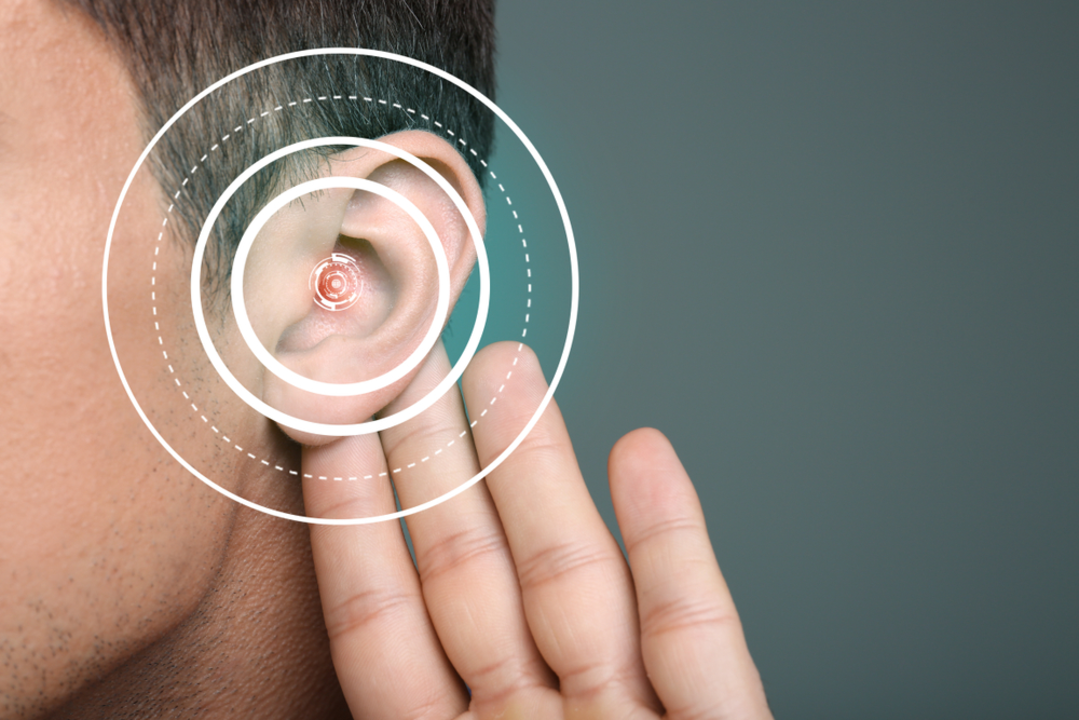Acetaminophen: What It Is, How to Use It Safely, and Where to Find More Info
Acetaminophen is a common over‑the‑counter drug used to lower fever and ease mild to moderate pain. You’ll see it in brands like Tylenol, but the active ingredient stays the same. People take it for headaches, muscle aches, colds, and after minor surgeries. It works by blocking chemicals that cause pain and heat in your body.
When to Take Acetaminophen
If you have a fever above 101°F (38.3°C) or a headache that won’t quit, acetaminophen is a good first step. The usual adult dose is 500‑1000 mg every 4‑6 hours, but never exceed 3000 mg in a day unless your doctor says otherwise. For kids, the dosage depends on weight – check the label or ask a pharmacist.
Timing matters too. Take it with food or water if your stomach feels uneasy, though most people can use it on an empty stomach without trouble. Remember, acetaminophen won’t reduce swelling like ibuprofen; it only tackles pain and heat.
Buying Acetaminophen Online Safely
When you shop for acetaminophen online, look for reputable pharmacies that require a prescription for higher‑strength versions. Check that the site displays a physical address, a licensed pharmacist’s contact, and secure payment options (https). Avoid places with crazy low prices or no clear return policy – they often sell counterfeit pills.
Our tag page gathers articles about safe online buying, dosage calculators, and how acetaminophen interacts with other meds. Click on any post to learn more about avoiding fake products, managing liver health, and choosing the right brand for you.
One key safety tip: never mix acetaminophen with alcohol or other liver‑stressing substances. Even a short binge can push your liver over the limit, especially if you’re already near the daily dose ceiling.
If you have liver disease, are pregnant, or take blood thinners like warfarin, talk to your doctor before using acetaminophen. A quick chat can prevent serious side effects and keep your treatment plan on track.
In short, acetaminophen is a handy tool for everyday aches and fevers when used correctly. Stick to the recommended dose, watch out for hidden sources in combination products (like cold syrups), and buy from trusted online pharmacies. Browse our related articles below to stay informed and make safe choices.
The potential link between acetaminophen and hearing loss
I recently came across a study discussing the potential link between acetaminophen use and hearing loss. It appears that frequent and long-term use of this common pain reliever could potentially increase the risk of hearing problems. Researchers believe that the drug may reduce blood flow to the inner ear, causing damage over time. This information is crucial for those who regularly rely on acetaminophen for pain management. Further research is needed, but it's essential to be aware of the potential risks associated with this widely-used medication.
learn more